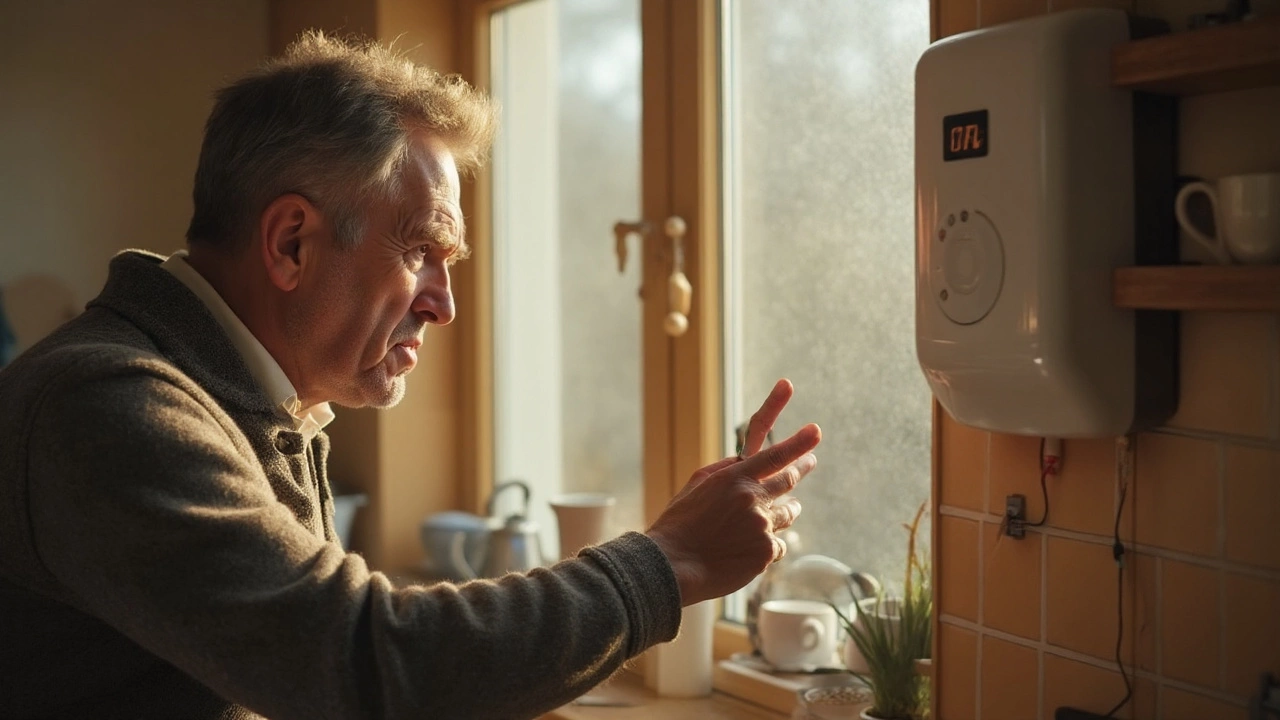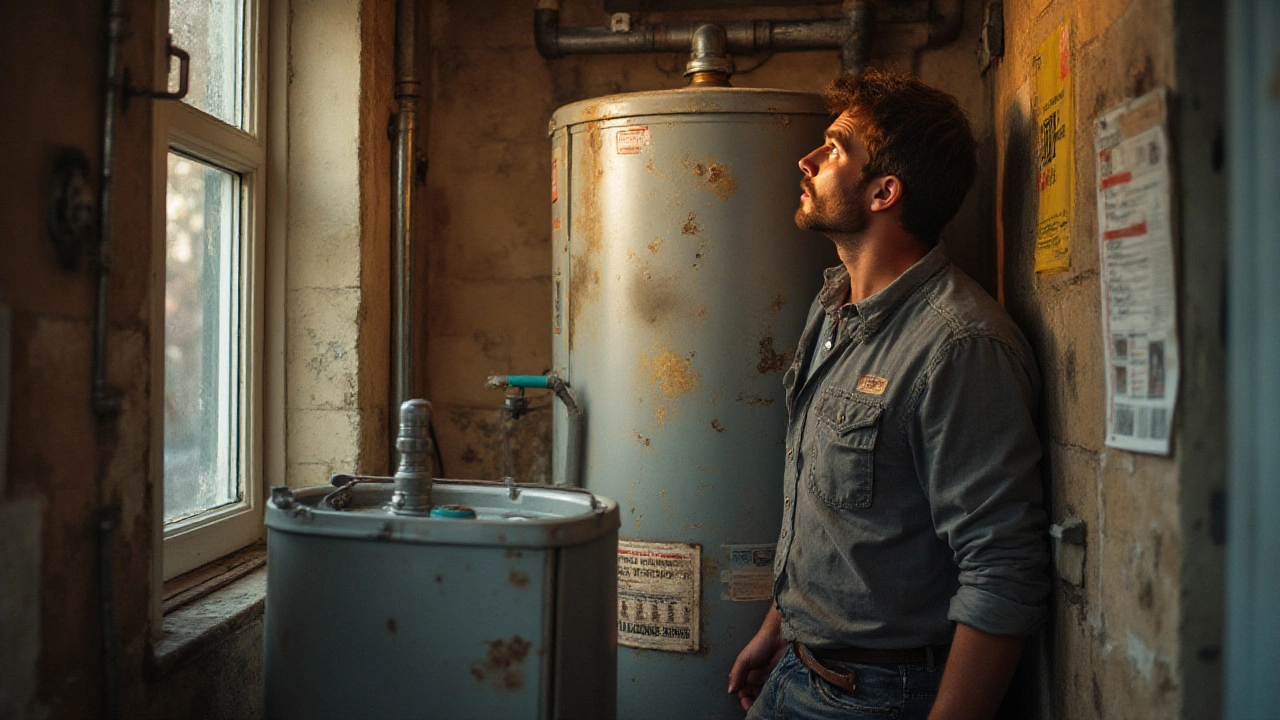Frustrated by a hot water heater that won't kick on? Discover causes, practical fixes, and common mistakes. Easy troubleshooting from a real-world view.
August 2025 Appliance Repair Guides – Hot Water Heaters & Washing Machines
If you’ve landed on our August archive, you’re probably looking for quick fixes that actually work. In this month’s roundup we cover three hot topics: why a hot water heater won’t turn on, how to tackle a washing machine repair yourself, and whether it makes sense to keep a 20‑year‑old water heater alive. All the advice is straight‑to‑the‑point, no fluff, so you can get your appliances running again faster.
Hot Water Heater Troubleshooting
First up, a hot water heater that simply refuses to fire up can drive anyone nuts. The most common culprits are a tripped circuit breaker, a blown fuse, or a faulty thermostat. Before you call in a pro, flip the breaker back on and give the unit a once‑over for any loose wires. If the heater still stays cold, check the pilot light (if it’s a gas model) – a sputtering flame usually means it needs cleaning or a new ignitor.
Another sneaky issue is sediment build‑up at the bottom of the tank. Over time, minerals settle and act like insulation, preventing the heating element from doing its job. A quick drain and flush can clear that out. Don’t forget to test the high‑limit switch; a malfunctioning switch will shut the heater down for safety. If you’ve tried all these steps and nothing changes, it’s time to call a qualified technician – especially if you suspect a gas leak or electrical fault.
DIY Washing Machine Repair
Now, let’s talk washing machines. Many homeowners wonder if they can save money by fixing a faulty drum, noisy spin, or water leak themselves. The good news: most everyday problems are pretty easy to solve with a few tools.
If the machine won’t spin, start by checking the lid lock – a broken latch will stop the spin cycle. Next, look at the drive belt; a cracked or loose belt is a common reason for a noisy or non‑spinning washer. Replacing a belt usually takes under an hour and only requires a screwdriver and a socket set.
Water leaks are often caused by a worn‑out hose or a loose connection. Turn off the water supply, disconnect the hose, and inspect it for cracks. Swapping in a new hose is cheap and quick. For deeper issues like a faulty pump, you’ll need to remove the back panel, clear any debris, and test the pump motor with a multimeter. If the motor doesn’t spin, replace it – most UK models have readily available replacement parts.
Remember, safety first. Unplug the machine before you start any work and avoid forcing any components. If you hit a roadblock or feel unsure, it’s wiser to let a professional take over.
Lastly, we tackled the big question: should you repair a 20‑year‑old water heater? The short answer is: weigh cost against risk. Older units often lack modern safety features and can be less efficient. If the repair bill tops £200, a new, energy‑efficient model usually pays for itself within a few years. However, if the issue is a simple thermostat or a busted heating element and the price is low, fixing it can extend the life for another few years. Always consider the age of the unit, how often it’s needed, and any signs of corrosion. When in doubt, a quick quote from a local repair service will help you decide.
That’s the gist of August 2025’s appliance repair wisdom. Use the tips, try the simple fixes, and call us at Nuneaton Appliance Repair Experts if you hit a snag you can’t solve. We’re just a phone call away, ready to get your home running smoothly again.
Curious if you can fix your washing machine yourself? Learn when to DIY, how to spot faults, smart repair tips, and when to call a pro. Real advice for UK homes.
20-year-old water heater acting up? Dive into real-world facts, costs, safety tips & pro advice to decide whether you should repair or replace your aging water heater.



